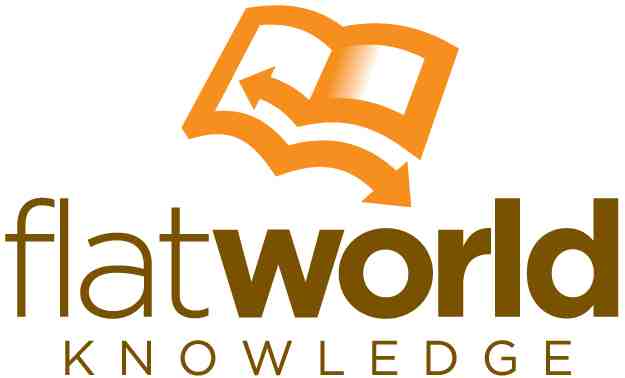
危 wēi danger
Academic textbook publishing is essentially a monopoly controlled by a handful of huge companies. Such is those companies’ dominance that they often charge in excess of $100 per title in the US market, pay their academic authors a tiny proportion of sales, vary their pricing globally based on students’ ability to pay and needlessly release new editions to drive sales. Burgeoning second-hand and grey import markets and the sharing of these overpriced books have begun to dent their profits but on the face of it, the barrier to entry to the industry remains daunting.
机 jī opportunity
Not for Flat World Knowledge, a startup formed in 2007 by industry veterans who saw the potential for disruption. Their model is to compile the textbooks in the usual manner (using respected academic authors) but the company applies a creative commons license and publishes its books online for free. The open source publication allows tutors to adapt the content as they require (they can mix and match chapters from different textbooks and amend text) and offers students an online platform on which they can ask one another questions and suggest improvements to the texts. For revenues, the company offers the books over various audio and printed formats for a fee (always disruptively low versus the incumbents’) and sells study aids. And although the texts can be read for free online the model seems to be working – current growth rates indicate that the company will be serving more than 200,000 students within a year and critically 65% of students are selecting at least one paid-for product.
how about…
- Disrupting the incumbents in your industry by offering competing products or services for free and then selling additional services?
- Identifying markets in which consumers are already finding workarounds to reduce their expenditure – often they are those ripe for disruption?
—